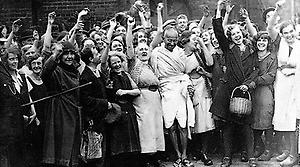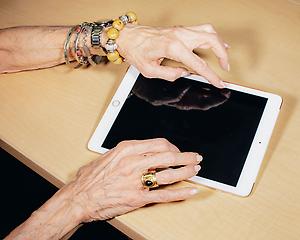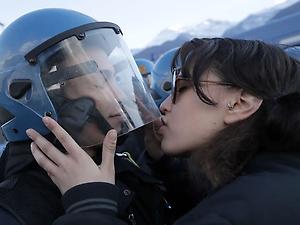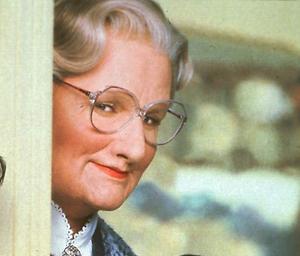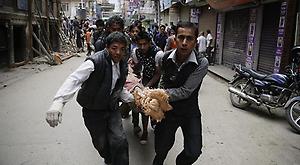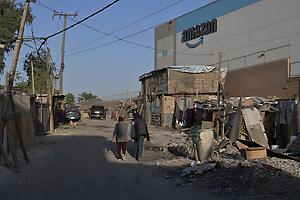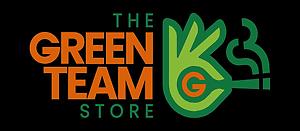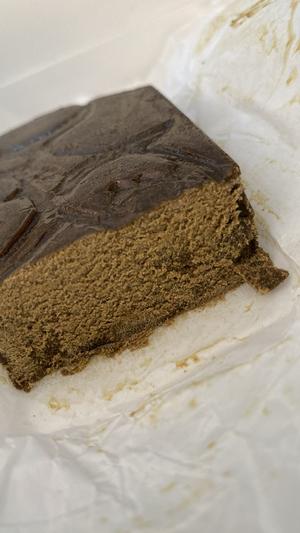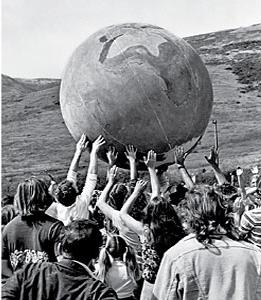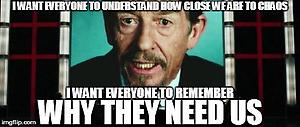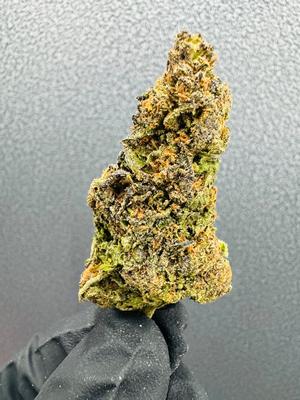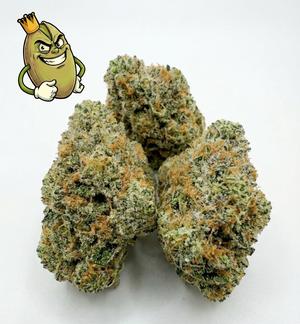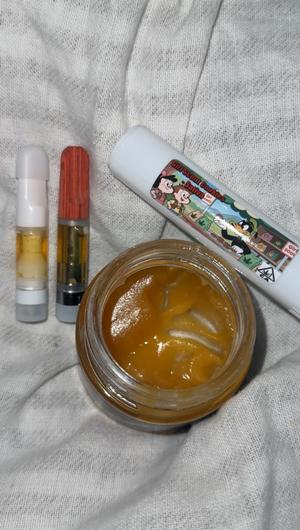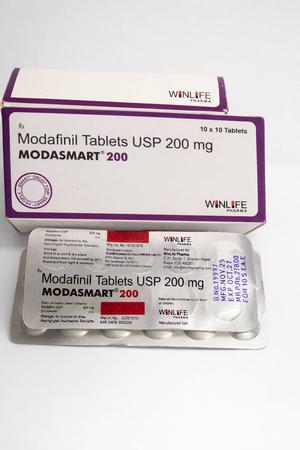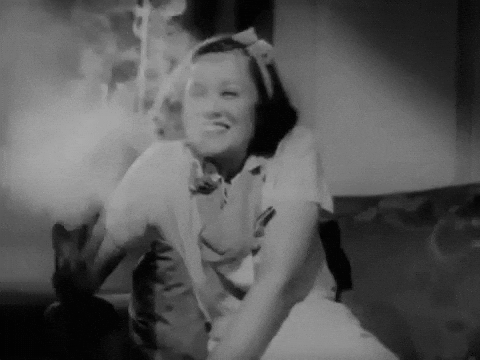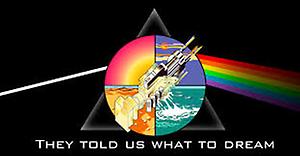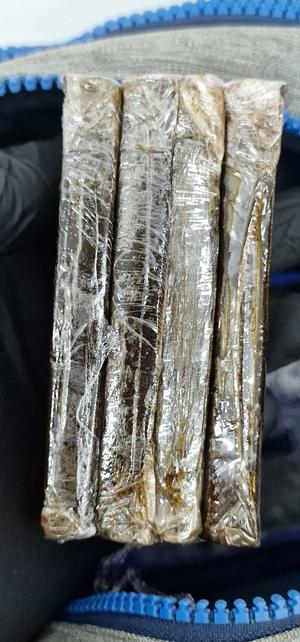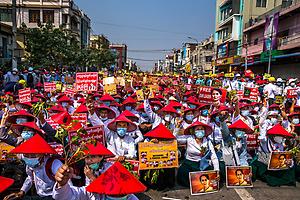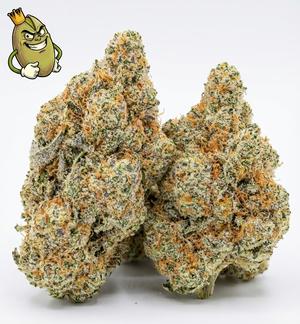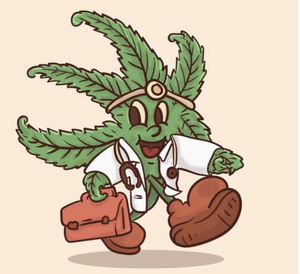Christopher Doyon, a.k.a. Commander X, tells why Anonymous 'might well be the most powerful organization on Earth': via the national news :
Q: As strictly an online army of hackers, how powerful is Anonymous?
A: Anonymous is kind of like the big buff kid in school who had really bad self-esteem then all of a sudden one day he punched someone in the face and went, "Holy shitI I'm really strong!" Scientology (one of Anonymous's first targets) was the punch in the face where Anonymous began to realize how incredibly powerful they are. There's a really good argument at this point that we might well be the most powerful organization on Earth. The entire world right now is run by information. Our entire world is being controlled and operated by tiny invisible 1s and 0s that are flashing through the air and flashing through the wires around us. So if that's what controls our world, ask yourself who controls the 1s and the 0s. It's the geeks and computer hackers of the world.
Q: What does it mean to be a leader of a leaderless organization?
A: We don't sit around and elect a president but that doesn't mean there aren't leaders within Anonymous. Naturally Commander X or Barrett Brown or Peter Fein, whether they have names or are still anonymous, they take a leadership role and are looked up to. The average Anon is not like me, working 12 hours a day dedicating their life to this. He's an IT guy or a cable installer with a few hours to spare and he wants to be told what to do. It takes organizers to get things done. Anyone in Anon can be a spokesperson but my ability to speak is based on how much what I say squares with the consensus of the collective.
Q: It seems like there's a war going on between hacktivists or information activists and law enforcement. (At least 40 alleged members of Anonymous have been arrested around the world in the last year.) Who do you think is winning right now?
A: I think it's a stalemate at the moment. I think eventually we'll win. I've always believed that right will always prevail. But at the moment the arrests have had a chilling effect on the movement. For a 30-minute online protest I'm facing 15 years in a penitentiary. For the moment that's the only indictment against me but I expect there will be more. And it's not just about the potential penalty but it's the trial itself for which they delivered a terabyte of discovery. That's about 150,000 pages for a 30-minute protest. That means my trial will be two years long and during that time I'm under strict surveillance by the FBI. I can't access Twitter, Facebook or IRCs (Internet Relay Chats)¿ I can't contact any known member of Anonymous, who are about 50,000 people around the world.So basically it shuts me down as an activist. Even if I prevail in court, I'm still shut down for two years. Well, I'm unwilling to do that and that's why I'm in Canada. In Syria and Tunisia, Libya, Egypt in Nigeria in the Ivory Coast, we have saved so many lives I can't even count activists and journalists and bloggers and people who come to us to keep themselves safe in these extremely hostile environments and I'm unwilling to lay that kind of work down.
Q: Now that you're in Canada for the foreseeable future, do you feel relatively safe?
A: Yes. We have a lot of contacts in the Canadian government. We were well prepared when I came here, we have an underground railway, and safe houses in Canada. We might be wrong, but our understanding is that the Canadian government is about equally concerned with Anonymous and the United States. Their approach will be: Step lively, don't stay long, and you'll be fine. So we're in negotiation with several countries in Europe to try to get a permanent political asylum situation set up for myself as well as for any other Anons and information activists who might need it. It's too bad Canada will not find the political courage to protect information activists from America like they did in the 60s with the draft dodgers. That's the reality of it, but they will probably not actively seek to track me down.
Q: Do you think the general public is not concerned enough with online surveillance or real-life surveillance?
A: I think the general public is beginning to learn the value of information. To give an example, for a very long time nobody in the U.S. or the world was allowed to know the number of civilian casualties in Afghanistan or Iraq. There were wild guesses and they were all over the ballpark figures, until a young army private named Bradley Manning had the courage to steal that information from the U.S. government and release it. Now we know that despite their smart munitions and all their high-technology they have somehow managed to accidentally kill 150,000 civilians in two countries. As these kinds of startling facts come out, the public will begin to realize the value of the information and they will realize that the activists are risking everything for that information to be public.
Q: What do you say to people who believe Anons are just cyber-terrorists?
A: Basically I decline the semantic argument. If you want to call me a terrorist, I have no problem with that. But I would ask you, Who is it thats terrified? If it's the bad guys who are terrified, I'm really super OK with that. If it's the average person, the people out in the world we are trying to help who are scared of us, I'd ask them to educate themselves, to do some research on what it is we do and lose that fear. We're fighting for the people, we are fighting, as Occupy likes to say, for the 99%. It's the 1% people who are wrecking our planet who should be quite terrified. If to them we are terrorists, then they probably got that right. I think eventually we'll win. I've always believed that right will always prevail.Information terrorist is a funny concept. That you could terrorize someone with information. But who's terrorized? Is it the common people reading the newspaper and learning what their government is doing in their name? They're not terrorized, they're perfectly satisfied with that situation. It's the people trying to hide these secrets, who are trying to hide these crimes. The funny thing is every email database that I've ever been a part of stealing, from Pres. Assad to Stratfor security, every email database, every single one has had crimes in it. Not one time that I've broken into a corporation or a government, and found their emails and thought, Oh my God, these people are perfectly innocent people, I made a mistake/
Q: Anonymous started out as online pranksters but has gotten a whole lot more serious in the last two years. What happened?
A: I believe Egypt was really a turning point for us emotionally in Anonymous. Obviously there was always that sort of prankster edge to us. But people often ask me "Why are you so mean nowadays?" It started in Egypt, when you work for days to set up live video feeds and the first thing you watch through those feeds is people killing your friends with machine guns, that becomes personal. And then it's not just Egypt, it's Libya, Tunisia, over and over again these Freedom Ops are really what gave us a sort of take-no prisoners attitude. We get to know these people. It may not be the same as you and I sitting here, but when you Skype with people and spend hours and hours talking with them on IRC (Internet Relay Chat) and they share their hopes and their dreams with you for their country, their future, when they tell you how they're risking their lives so their children can have a better future in some far-off land, you bond with those people and they become your friends and family.
Q. What's next for Anonymous?
A: Right now we have access to every classified database in the U.S. government. It's a matter of when we leak the contents of those databases, not if. You know how we got access? We didn't hack them. The access was given to us by the people who run the systems. The five-star general (and) the Secretary of Defense who sit in the cushy plush offices at the top of the Pentagon don't run anything anymore. It's the pimply-faced kid in the basement who controls the whole game, and Bradley Manning proved that. The fact he had the 250,000 cables that were released effectively cut the power of the U.S. State Department in half. The Afghan war diaries and the Iran war diaries effectively cut the political clout of the U.S. Department of Defense in half. All because of one guy who had enough balls to slip a CD in an envelope and mail it to somebody.Now people are leaking to Anonymous and they're not coming to us with this document or that document or a CD, they'te coming to us with keys to the kingdom, they're giving us the passwords and usernames to whole secure databases that we now have free reign over. The world needs to be concerned.

